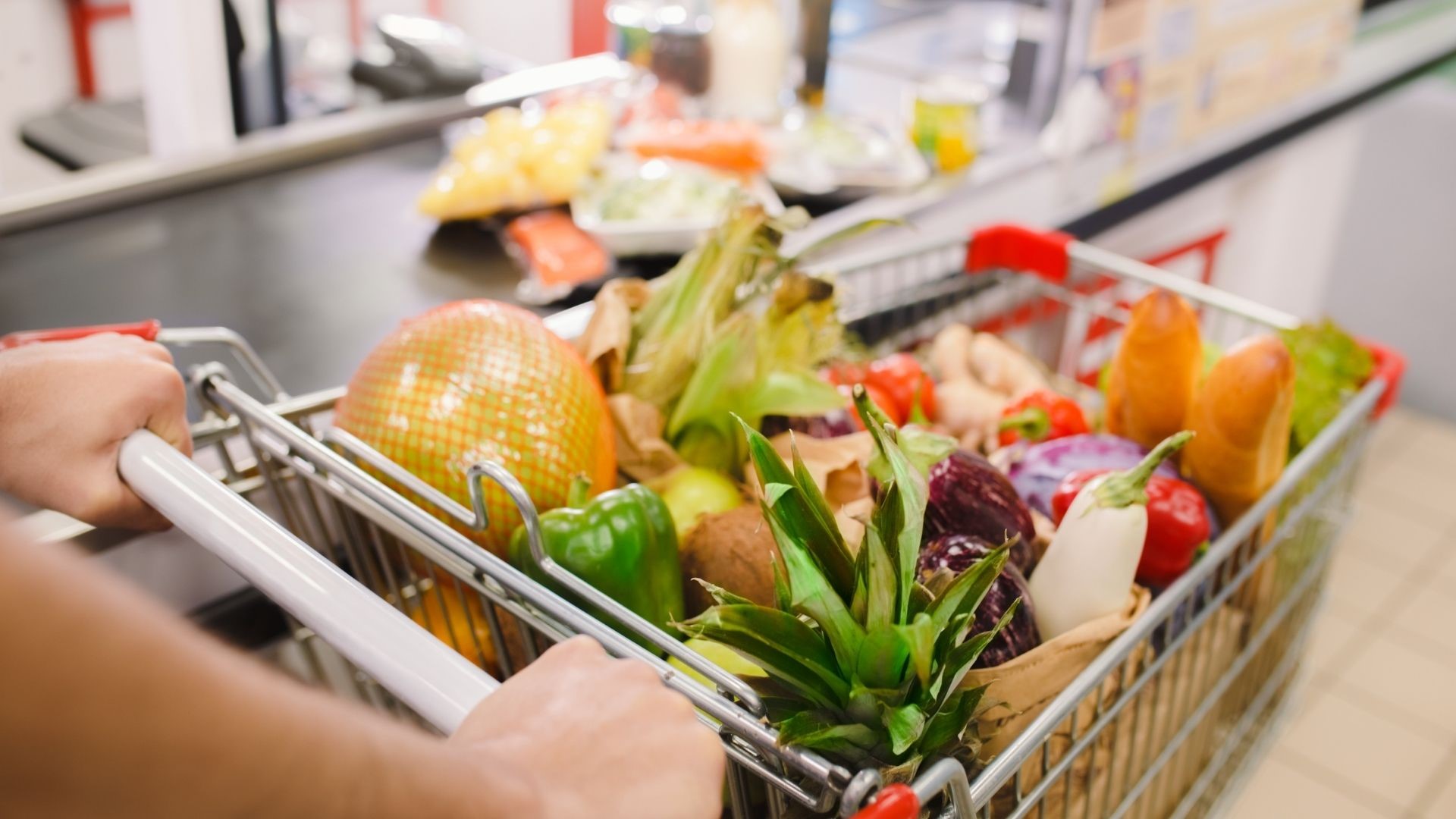DES MOINES, Iowa — More than 200,000 eligible school-age children in Iowa could receive food assistance as part of the Summer 2023 Pandemic Electronic Benefits Transfer (P-EBT) program, Iowa Health and Human Services (HHS) announced Tuesday.
The program would send $120 per eligible child on P-EBT cards to parents so that families can purchase needed food products. HHS and the Iowa Department of Education estimate the program could provide $28 million in food assistance.
“Access to a consistent, nutritious diet not only ensures a child’s basic needs are being met, these benefits are an investment in their health and future success, which are key focus areas for HHS,” HHS Director Kelly Garcia said in a statement. “These additional funds will support thousands of Iowa families in putting nutritious food on their table.”
What are the criteria to get a P-EBT card?
Children must:
- Be eligible for free or reduced-price school meals through the National School Lunch Program (NSLP) AND have been enrolled in a school that participated in the NSLP during the 2022-23 school year
- Or, have attended a Community Eligibility Provision (CEP) school during the 22-23 school year
Cards should be received via mail by Oct. 4, 2023. If you think you're eligible but didn't receive a card, find help at HHS' P-EBT landing page.
What can I buy using my P-EBT card? Where can I use it?
P-EBT cards are accepted at most grocery retailers in the state, including some farmers' markets around the metro.
- Dairy
- Eggs
- Meat
- Cereal
- Pasta
- Bread
- Ice
- Fresh, frozen, canned or dried vegetables and fruit
- Cooking ingredients
- Baby formula
- Diabetic foods
- Garden seeds and edible plants
Families cannot use the cards to buy alcohol, vitamins, medicine, live animals, prepared hot food, pet food and much more. To view full list of prohibited items or to verify whether a certain item is allowed, click here.
What other food insecurity resources are there in Des Moines?
P-EBT cards are one way that low-income families can purchase food, but if families are not eligible for these cards, then food pantries are another option.
Food pantries receive resources from food banks, like the Food Bank of Iowa, which is a nonprofit organization that distributes food to families who have difficulty purchasing enough to avoid hunger.
And right now, Food Bank of Iowa CEO Michelle Book, says more Iowans need help with food than at any time in the organization's 41-year history.
"August was another record-breaking month for us," Book explained. "We distributed over 2 million pounds of food in August, to food insecure Iowans."
Book believes the uptick in food insecurity in Iowa began back in April 2022 when pandemic-era SNAP benefits went away, and need has continued to rise.
"In Iowa, about 46% of our kids get free and reduced breakfast and lunch," she said. "I think the number of kids who are eligible for free and reduced lunch in Iowa, is much bigger."
However, on weekends and holiday breaks, Book said it can be hard for children of low-income families to still eat, so that's where Food Bank of Iowa comes into play.
Book said they are committed to putting a school food pantry in each one of the 168 school districts across their 55-county service area.
For those facing food insecurity in Iowa, you can check your eligibility for the Supplemental Nutrition Assistance Program at at this link or call 211 for essential community resources provided by the United Way of Central Iowa.

